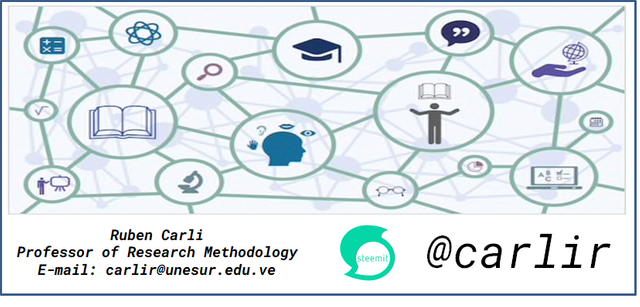
Greetings to all #projectHOPE readers, today we will discuss a quite interesting topic, Resilience, a term that many people are not familiar with and can be of great help when facing complex situations in our lives.
Resilience is the ability of an individual or system to recover from a disaster or to effectively adapt to adverse situations. This ability is considered a key factor for mental health and emotional well-being, and is essential for facing the challenges of life.
Resilience is based on the idea that people have the ability to learn and grow through adversities, and to develop effective strategies to overcome them. This does not mean that the person does not experience pain or suffering, but that they are able to face challenges effectively and recover from them.
In addition to being an important factor for emotional health, resilience can also be useful in other aspects of life, such as work or interpersonal relationships. For example, a resilient person may be better able to cope with stressful situations at work or overcome conflicts in interpersonal relationships.

Source
Although some people may be more resilient by nature, resilience can also be developed and improved over time. Some strategies for developing resilience include:
Online advertising: Online advertising is an effective way to reach a large number of people quickly and inexpensively. Social networks and search engines are excellent platforms to advertise products or services.
Maintaining a positive and optimistic attitude: Resilience is closely related to a positive perspective and the ability to see things positively, even in difficult situations.
Developing problem-solving skills: Resilience is also related to the ability to find solutions to problems and adapt to new or challenging situations.
Creating a support network: Resilient people often have a support network that includes reliable friends, family, and colleagues who can help them face adversities.
Practicing resilience in small situations: Practicing resilience in minor situations can help strengthen this ability and prepare for more challenging situations.
Learning from adverse experiences: Resilience also involves learning from adverse experiences and using these lessons to improve in the future.



Hi @carlir On a personal level, resilience involves a restructuring of our psychology, so that individuals are able to adapt to a new circumstance or situation that we may face. So, a vital quality to be able to lead life in a better way, good post.
Downvoting a post can decrease pending rewards and make it less visible. Common reasons:
Submit